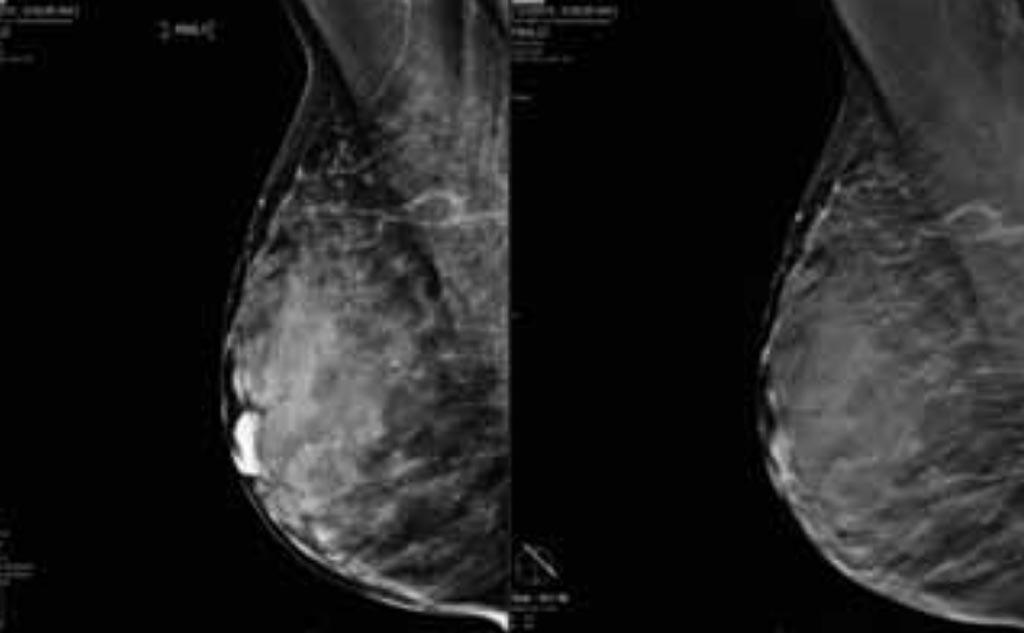Study Demonstrates Advantages of AI for Digital Breast Tomosynthesis
By MedImaging International staff writers
Posted on 25 Oct 2018
A study of digital breast tomosynthesis (DBT) cancer detection software by iCAD, Inc. (Nashua, NH, USA) has demonstrated unprecedented improvements in clinical performance and reading times, validating the substantial benefits of Artificial Intelligence (AI) when used with three-dimensional (3D) mammography.Posted on 25 Oct 2018
iCAD, a provider of cancer detection and therapy solutions, has developed a cancer detection and workflow solution for breast tomosynthesis that delivers critical benefits to both radiologists and their patients. The new technology is trained to detect malignancies and determine the probability of malignant findings, providing radiologists with a “certainty of finding” score for each case and each detected lesion. These scores represent the algorithm’s confidence that the detected soft tissue densities (masses, architectural distortions and asymmetries) and calcifications are malignant.

Image: A new study claims AI used with 3D mammography offers improvements in clinical performance and reading times (Photo courtesy of iCad).
iCAD’s latest study of its DBT cancer detection software demonstrated significant positive results for clinical performance and workflow efficiency. The findings confirmed that the latest AI software solution to support DBT increased improvements in both reader sensitivity (8% on average) and specificity (6.9% on average). Additionally, when reading tomosynthesis cases with the solution, the study found that the reading times of radiologists were reduced by more than half (52.7% on average).
“As incidence rates of breast cancer continue to rise, we are proud to provide valuable technology that is proven to significantly improve detection rates while reducing unnecessary recalls resulting from false positives. We also understand that radiologists are concerned about the extra workload and long reading times of tomosynthesis cases in everyday practice and we are pleased to have created a meaningful solution to address this problem,” said Jeff Hoffmeister, MD, Vice President and Medical Director at iCAD. “As tomosynthesis moves into the screening arena, our AI software provides important benefits to radiologists, their practices, and their patients.”














